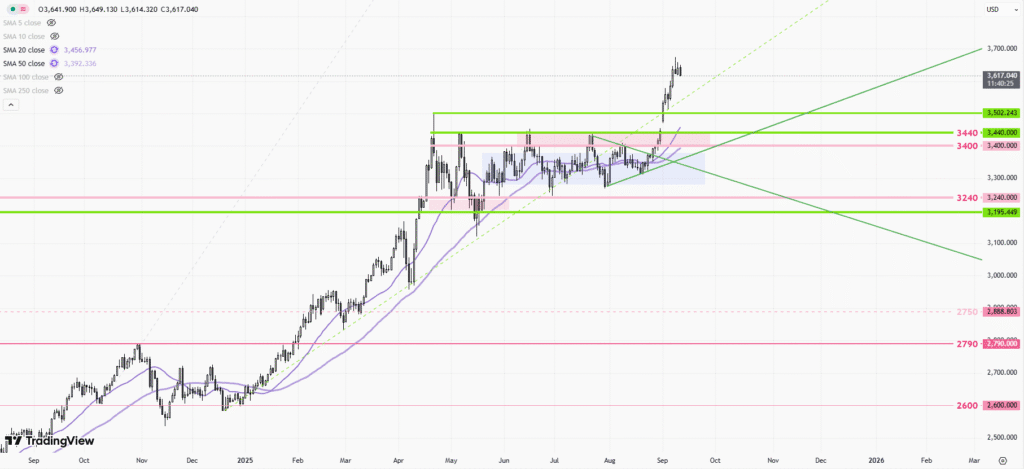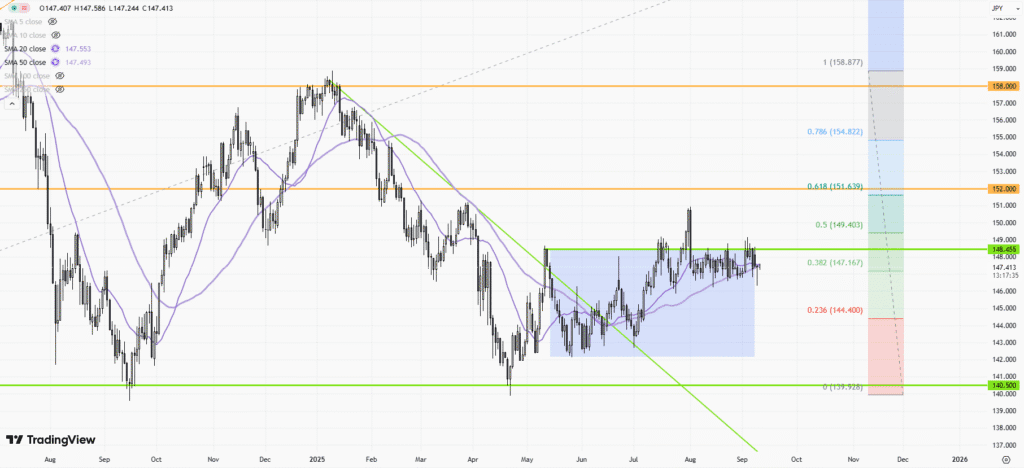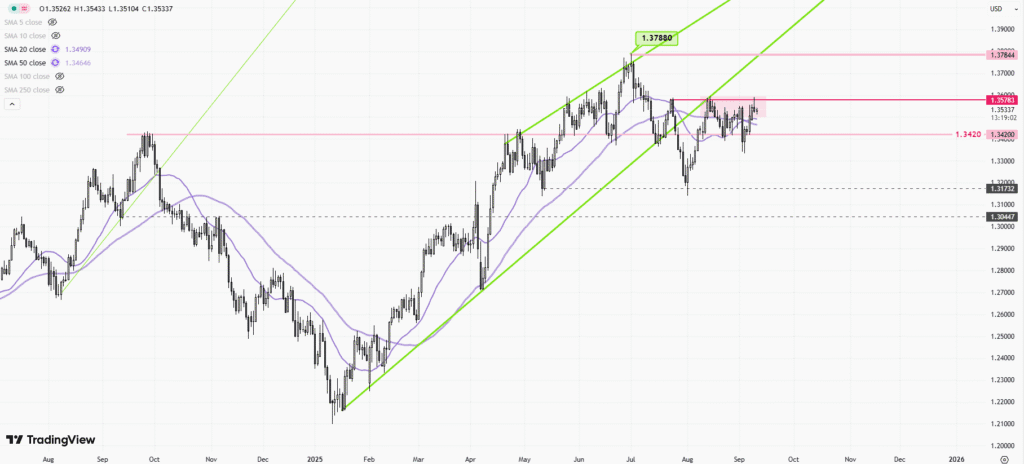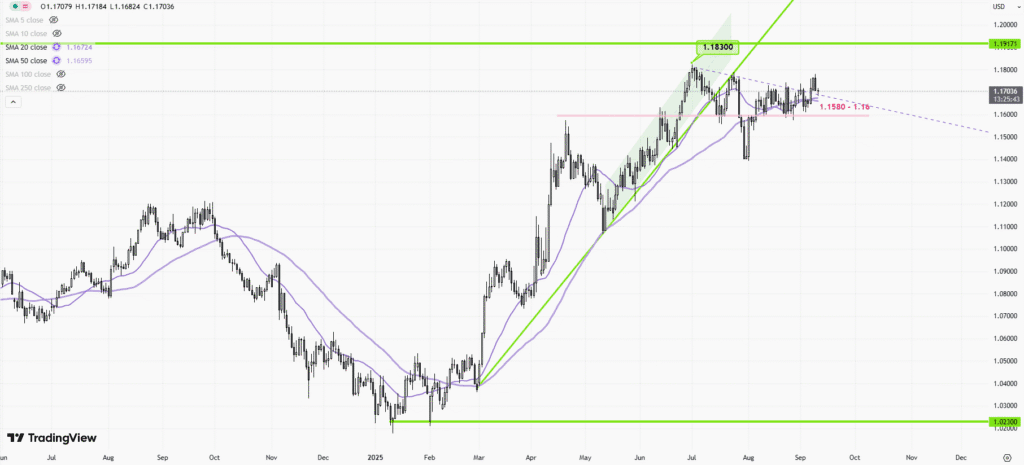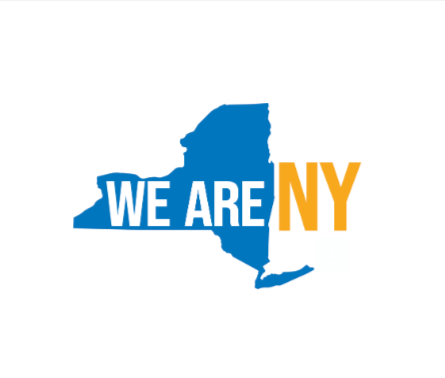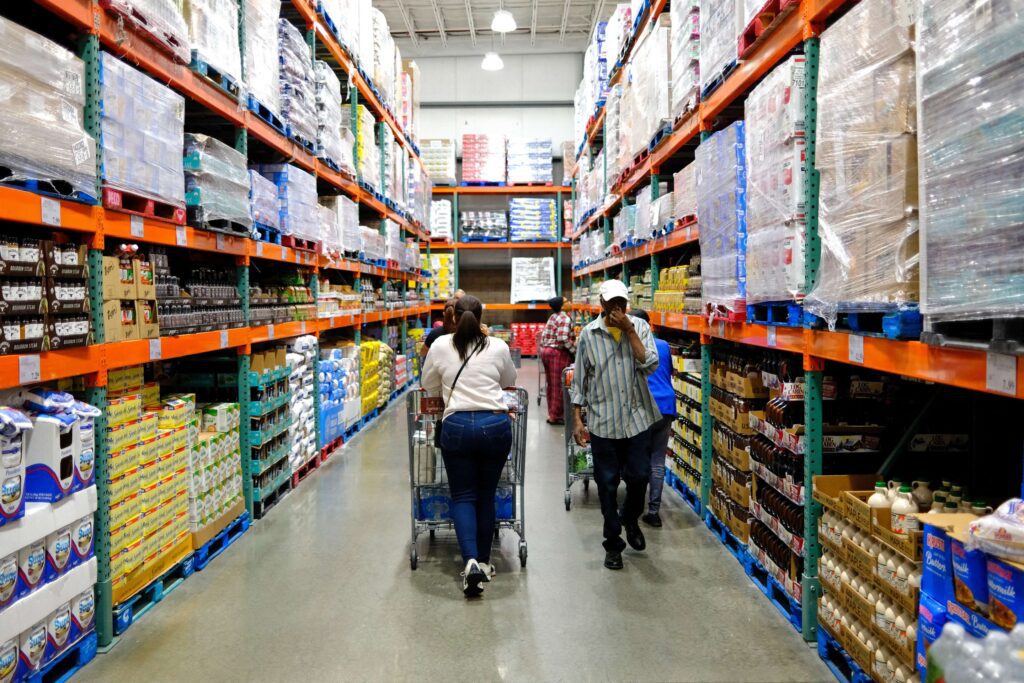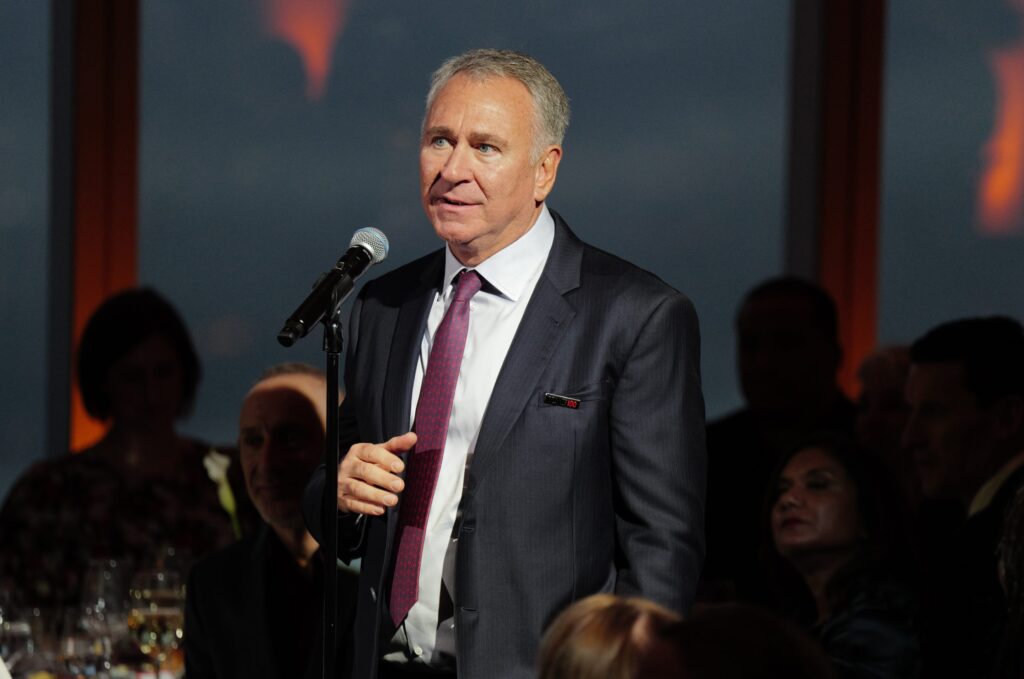 |
| Gold V.1.3.1 signal Telegram Channel (English) |
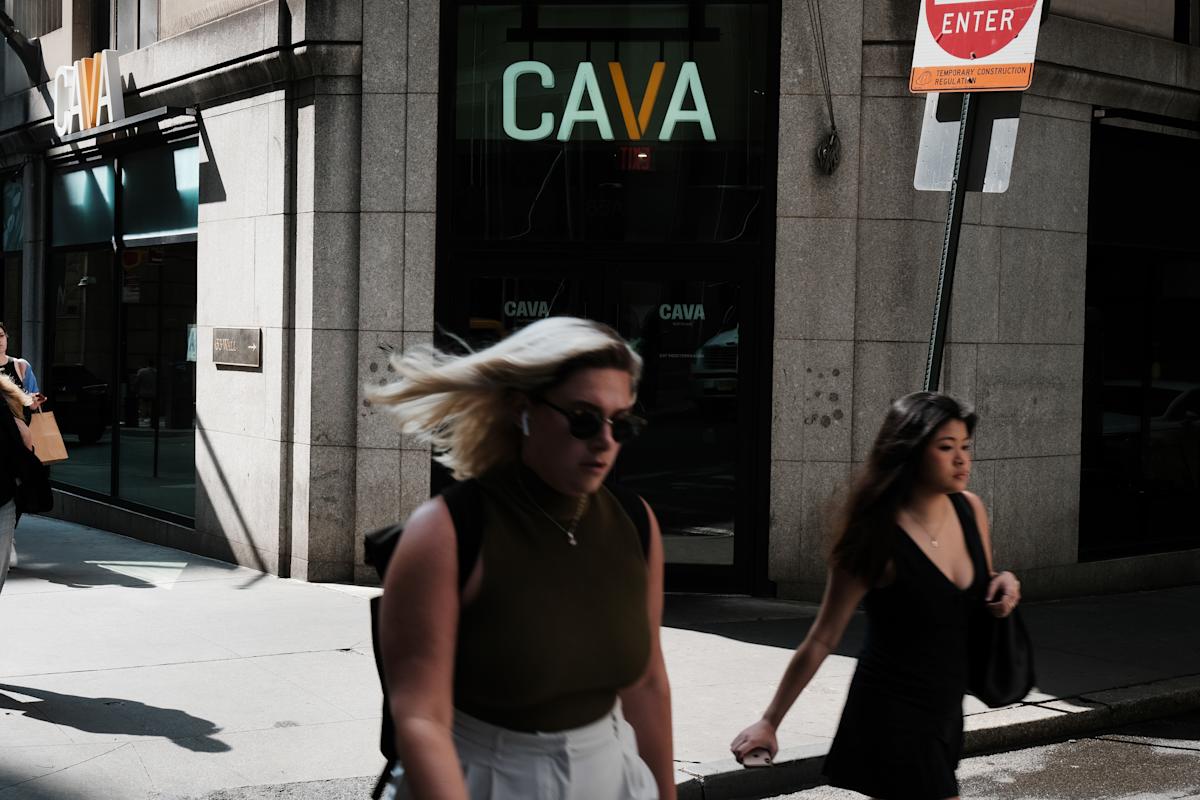
Why Chipotle, Cava, and Sweetgreen Are Facing a Fast-Casual Slowdown in 2025 and What It Means for the Lunch Market
2025-08-14 @ 18:00
America’s favorite fast-casual lunch spots are entering a turbulent chapter, with Chipotle, Cava, and Sweetgreen all grappling with a slowdown after years of meteoric growth. As “the bowl market” that once fueled their ascent cools, these brands face new obstacles: rising costs, consumer belt-tightening, and shifting expectations from both the lunch crowd and investors.
For much of the past decade, “build-your-own” bowl chains have reshaped how office workers eat. Chipotle’s burritos and bowls, Cava’s Mediterranean-inspired salads and pitas, and Sweetgreen’s fresh, customizable salads turned them into workplace go-tos, enabling rapid expansion and eye-popping growth. Investors, eager for any company with a robust digital ordering presence and a hint of recurring urban demand, piled in. Their stocks soared on consistently strong sales reports, dismissing any suggestion that the fast-casual movement might slow.
But this summer, the narrative has shifted. A string of disappointing earnings from all three chains has signaled that lunch crowds may be thinning—and consumer enthusiasm for expensive bowls may have finally met its ceiling.
Chipotle: Growth Stalls Amid Shifting Tastes
Once the poster child for fast-casual success, Chipotle posted a 4% decline in same-store sales during the second quarter, marking a significant reversal after years of double-digit growth. While overall revenue increased 3% to $3.1 billion, almost all of this was driven by opening new locations, not more visits or bigger orders at existing stores. The company also had to cut its guidance, spooking investors and sending its shares sharply lower for the year.
This drop in traffic was only partially offset by a modest 0.9% rise in the average check, likely reflecting persistent menu price increases. But even as rising ingredient costs—especially for steak and chicken—continue to pressure margins, Chipotle’s digital ordering channels remain strong, comprising more than a third of total sales. The chain is betting on digital convenience and drive-thru pick-up lanes (“Chipotlanes”) to boost accessibility and sales going forward.
Cava Finds Some Relief, But Challenges Remain
Cava, a brand that popularized Mediterranean bowls with hummus, tzatziki, and greens, reported a 2.1% increase in same-store sales—better than Chipotle and Sweetgreen, but still far below Wall Street’s expectations. Revenue grew over 20% year-over-year, driven mainly by aggressive new store openings rather than surging customer demand. Digital orders accounted for nearly 37% of sales, underscoring a sector-wide reliance on tech-enabled convenience.
The company’s innovations aren’t limited to its menu. Cava and Chipotle recently announced a $25 million joint investment in new restaurant automation technology. The system, currently being piloted in Cava’s “second-make line” for digital orders, promises faster and more accurate bowl assembly. The end goal: improve efficiency, reduce labor strain, and potentially restore some of the margin pressure created by inflation and wage hikes.
Sweetgreen: The Hardest Hit in the Downturn
Sweetgreen, which made its mark with fresh, chef-crafted salads, posted the sharpest drop among the three: same-store sales fell 7.6% year-over-year in the second quarter. The brand, so often viewed as a bellwether for urban office lunch demand, continues to struggle as many offices remain hybrid and cost-conscious workers cut back on expensive lunch routines. Its shares have taken a severe hit, down nearly 70% this year.
Broader Implications for Fast Casual
The rapid deceleration hasn’t gone unnoticed on Wall Street. Investors who once saw these companies as near-invincible now face a new reality. With both store traffic and portion sizes drawing complaints, and menu prices already elevated from pandemic-era cost spikes, the room for further price hikes seems limited.
Simultaneously, ongoing cost pressures persist. Labor expenses as a proportion of revenue have crept higher, as seen at both Chipotle and Sweetgreen, not just because of wage growth, but because lower sales volumes make labor costs harder to absorb.
To adapt, these brands are investing in technology, rethinking store formats, and betting on digital innovation to lure back customers, manage costs, and drive efficiency. Automation—like the system in development between Cava and Chipotle—may also play an increasing role in streamlining operations and improving digital order fulfillment.
Looking Ahead
Fast-casual chains like Chipotle, Cava, and Sweetgreen aren’t going away. Their customizable bowls, digital-first customer experience, and focus on fresh ingredients still resonate with a large and loyal customer base. But the era of outsized, easy growth fueled by rapid office expansion and endless price hikes appears over. The challenge for the next chapter will be finding new ways to excite customers, outmaneuver inflation, and defend market share in a more cautious, value-driven lunch market. For investors and lunch-goers alike, “the bowl market” is entering a reality check—one that will define the future of America’s favorite office lunch spots.


